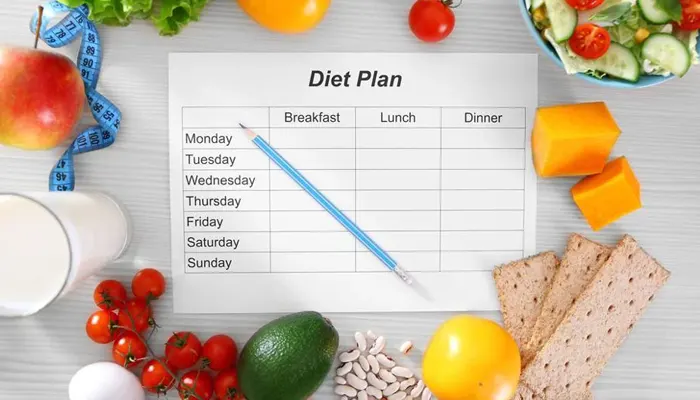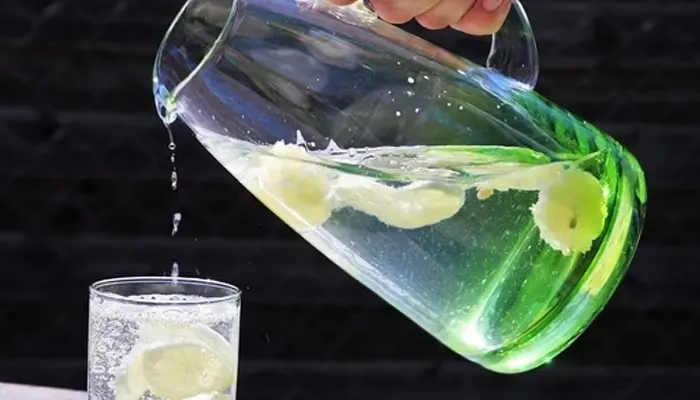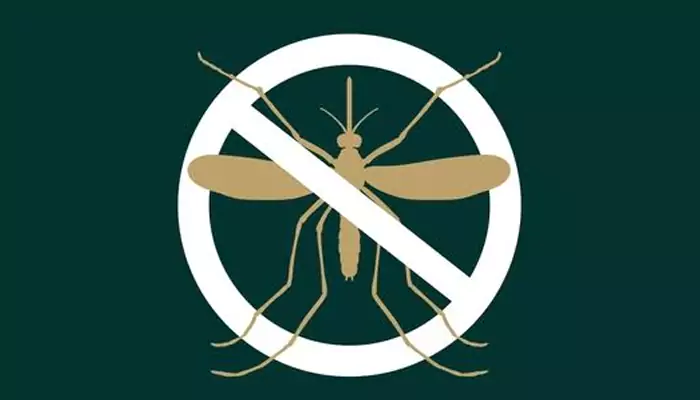Ayurveda Aaj - Tame the Pressure: Ayurvedic Secrets to Lower Blood Pressure Naturally
- Sayan Guha
- 1 year ago
- 3 minutes read

Ancient remedies meet modern lives – your path to a healthier heart
High blood pressure, often known as hypertension, can be quiet yet cause significant health problems such as heart disease and strokes if not treated. Fortunately, Ayurveda, India's ancient science of life, provides natural treatments and lifestyle adjustments to help manage this condition. Let's look at this combination of age-old knowledge and practical answers.
Credit: HealthSketch
What is high blood pressure?
When water flows through a garden hose, the pressure increases as the flow increases or the hose narrows. Similarly, as your heart pumps more blood or your arteries constrict, blood pressure rises, frequently without notice. Some people may develop headaches, nosebleeds, or shortness of breath. But do not worry! Ayurveda provides solutions to assist in the control of this subtle disruptor.
Ayurvedic drinks for a calmer heart
What if your daily sips helped to keep your blood pressure stable? Begin with honey water—mix a spoonful of honey and 10 drops of apple cider vinegar in warm water and drink on an empty stomach to lower cholesterol and relax blood vessels.
Feeling adventurous? Combine coriander and cardamom with peach juice, or create moong dal soup with cumin, turmeric, and cilantro. These mixtures are tasty and can help decrease blood pressure.

Food for thought: Ayurvedic superfoods
Cucumbers and watermelon might be good for your health. Cucumber raita cools the body and functions as a diuretic, whilst a touch of coriander and cardamom over watermelon helps regulate blood pressure.
Garlic is another potent ally; eating one raw clove daily helps lower bad cholesterol and hypertension. Amla (Indian gooseberry) also delivers a Vitamin C boost, which helps keep your arteries clear.
Spice up your health: The herbal heroes
There are several plants in Ayurveda, but Ashwagandha is especially significant. Simply combine a teaspoon of this adaptogen in lukewarm water every morning to decrease stress, increase immunity, and regulate blood pressure.
For tea connoisseurs, consider brewing punarnava, passionflower, and hawthorn berries. Sip this trio after a meal to relieve strain.
Credit: @adyashakti.wellness
Breathe, move, relax: Lifestyle tweaks that matter
No treatment is complete without lifestyle adjustments. Incorporate yoga positions such as Sukhasana and Shavasana to relax the mind and increase circulation, which lowers blood pressure. Reduce stress, which is a significant contributor to hypertension, by practising mindfulness and meditation. Aim for 150 minutes of moderate activity every week to maintain heart health.
The salt shaker dilemma
Here's a simple yet effective tip: let go of the salt shaker. Ayurveda strongly encourages people with hypertension to avoid excessive salt, fried meals, and anything too spicy. Instead, eat complete, fresh, unadulterated meals that feed from inside.
Credit: @bharvi_holisticyoga
A journey to balance
Lowering blood pressure is more than simply eliminating items; it is also about adding the correct ones. Ayurveda offers a comprehensive approach to hypertension management, including nutritious liquids, herbs, and attentive activities.
Adopt this old knowledge, take a deep breath, sprinkle some coriander in your life, and allow Ayurveda to guide you towards a healthy heart.












